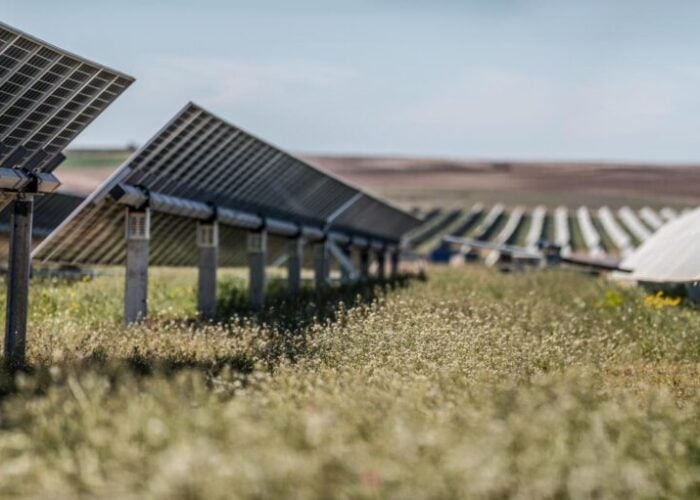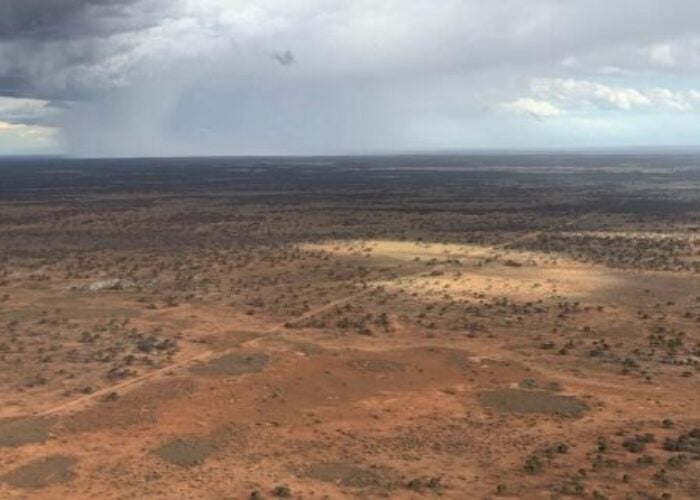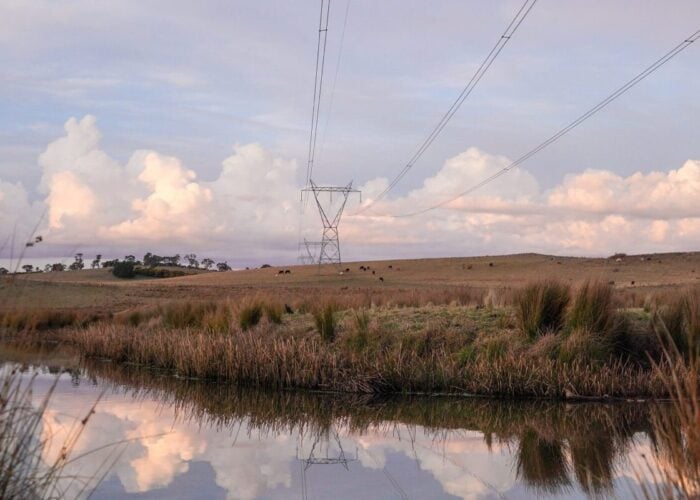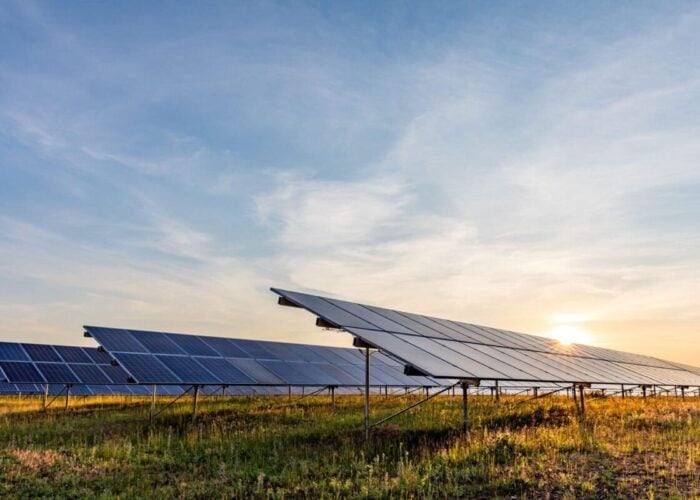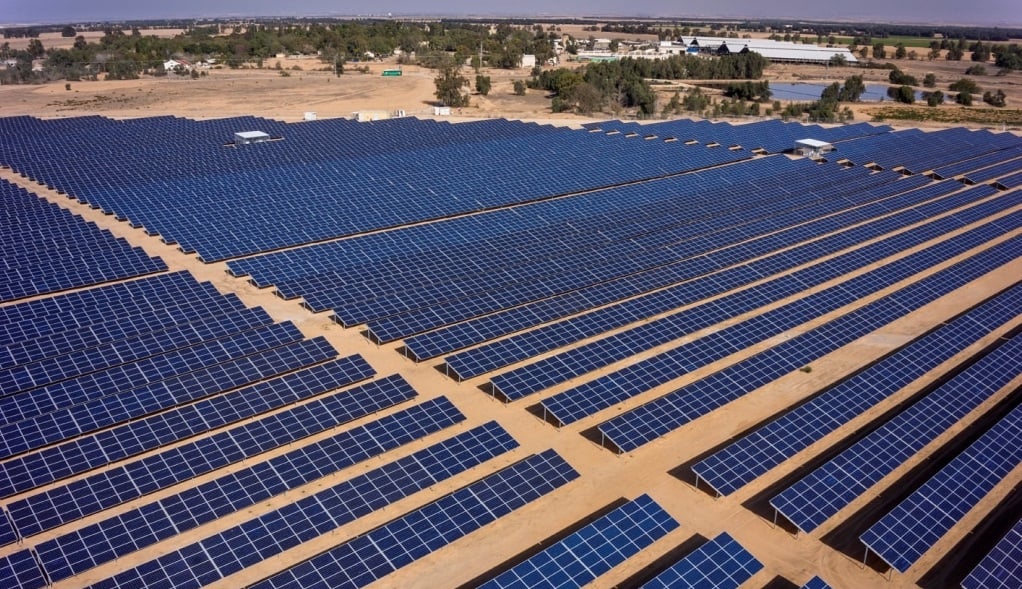
Israel will add 2GW of renewable energy to its national grid, according to the country’s Ministry of Energy and Infrastructure.
In a statement, the Israeli government said grid congestion is the main barrier to connecting additional renewables, mainly in the north and south of the country. An agreement was reached among multiple parties, such as the Ministry of Energy and Infrastructure and the Electricity Authority. After examining some power plants, Israel will be able to add renewable energy facilities to the existing electricity grid in the coming weeks.
Try Premium for just $1
- Full premium access for the first month at only $1
- Converts to an annual rate after 30 days unless cancelled
- Cancel anytime during the trial period
Premium Benefits
- Expert industry analysis and interviews
- Digital access to PV Tech Power journal
- Exclusive event discounts
Or get the full Premium subscription right away
Or continue reading this article for free
Additionally, the Israeli government also allocated ILS17 billion (US$4.46 billion) to improve the transmission network in the country. National grid manager Noga will lead the plan, which will integrate other renewables plans and storage facilities into the grid by 2030.
Israel planned to scale up solar deployment and to have 30% of its electricity generation from renewables by 2030. Having deployed 3.5GW of solar as of the end of 2021, the government expects this figure to jump to 9.8GW by 2025 and 17.1GW by the end of the decade, under a new roadmap published last year.
The Israeli government also highlighted the need to explore agrivoltaics, upgrade network infrastructure and encourage local authorities to establish new renewables plants, as it looks to expand its solar sector.


